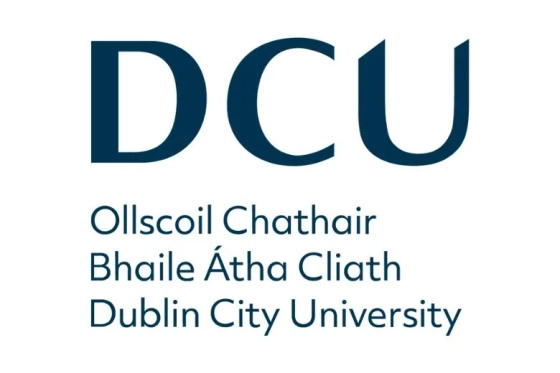Postdoctoral Researcher in Social Sciences
Dublin City University
Irlande
Deadline: Mon, 13 Jan 2025


Dublin City University (DCU) is a leading innovative European University, proud to be one of the world’s leading Young Universities. DCU is known as Ireland’s University of Impact, with a mission to ‘transform lives and societies’ and focuses on addressing global challenges in collaboration with key national and international partners and stakeholders.
DCU has over 20,000 students in five faculties spread across three academic campuses in the Glasnevin-Drumcondra area of North Dublin. Thanks to its innovative approach to teaching and learning, the University offers a ‘transformative student experience’ that helps to develop highly sought-after graduates. DCU is currently No. 1 in Ireland for Graduate Employment Rate, and for graduate income (CSO).
DCU is a research-intensive University and is home to a number of SFI-funded Research Centres. The University participates in a range of European and international research partnerships. DCU is also the leading Irish university in the area of technology transfer as reflected by licensing of intellectual property.
As a ‘People First’ institution, DCU is committed to Equality, Diversity and Inclusion - a University that helps staff and students to thrive. The University is a leader in terms of its work to increase access to education, and is placed in the world’s Top 10 for reducing inequalities in the Times Higher Education Impact Rankings.
Research Career Framework
As part of this role the researcher will be required to participate in the DCU Research Career Framework. This framework is designed to provide significant professional development opportunities to Researchers and offer the best opportunities in terms of a wider career path.
Role Profile
DCU ARC is seeking to appoint two postdoctoral researchers to work on a funded project that will address the challenge posed by electronic waste (e-waste) in Ireland. Using a political economy lens, the project aims to deepen understanding of the environmental, health, and socio-economic risks associated with the current handling of e-waste and to develop sustainable, policy-driven strategies for its mitigation aligned with Ireland’s environmental and climate objectives.
This project focuses on three primary objectives:
- Tracking and Analysis: We will monitor the flow of e-waste from Ireland to key developing countries, analysing the environmental and health impacts in these regions through comprehensive field studies;
- Stakeholder Engagement: By engaging with policymakers and environmental organisations both within Ireland and abroad, the project seeks to gather new insights and support collaborative approaches to e-waste management;
- Development of Mitigation Strategies: Utilising data gathered, and insights gained, we aim to develop and propose strategies that mitigate the risks associated with e-waste. These strategies will prioritise sustainability and feasibility, considering the socio-economic contexts of both Ireland and the recipient countries.
The project will apply global political economy lens to understand the broader impacts of Ireland’s e-waste policies. This approach will consider not only the local but also the international consequences of e-waste disposal and recycling practices, highlighting the interconnectedness of global supply chains and the shared responsibility in addressing the challenges of e-waste.
Closing date: Monday 13 January 2025











